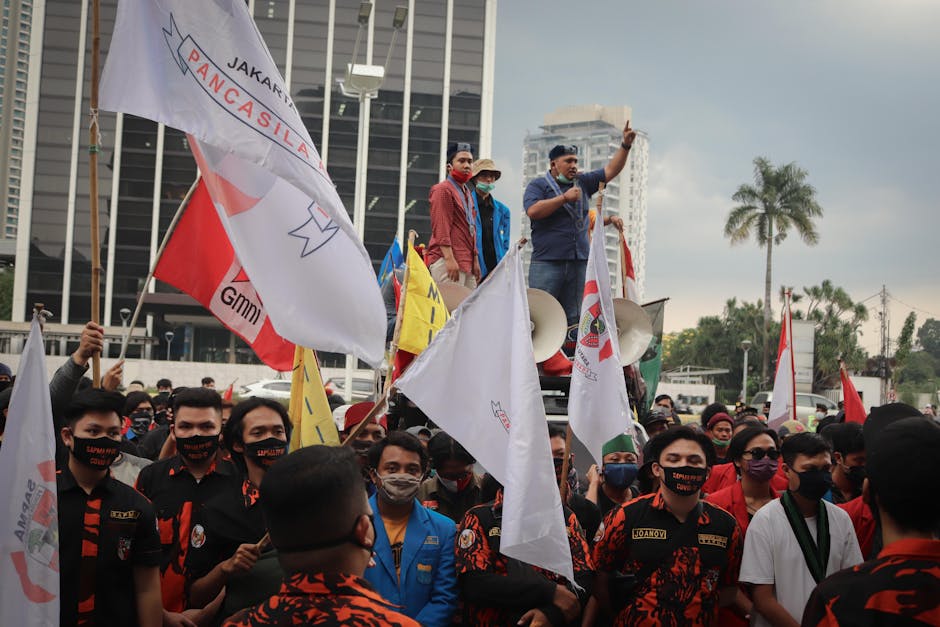Overview of the Protests
A wave of violent protests has swept across Indonesia, triggered by widespread anger over the high salaries and perks enjoyed by lawmakers. The protests, which began on August 25, 2025, have resulted in at least seven deaths and numerous injuries. The demonstrations have been marked by the torching of government buildings, including parliamentary offices, and clashes between protesters and security forces.
Causes of the Protests
The protests were sparked by footage of a motorcycle taxi driver being run over and killed by a police vehicle during earlier demonstrations. The incident highlighted the low wages earned by workers, such as motorcycle taxi drivers, compared to the high salaries and perks enjoyed by lawmakers. The issue has tapped into deep-seated resentment among Indonesians over economic inequality and corruption.
Violent Incidents and Casualties
On August 30, 2025, protesters set fire to a council building in Makassar, resulting in the deaths of three people who jumped from the burning building to escape the flames. A fourth person was attacked by a crowd and later died of his injuries. The violence has continued to spread, with protests reported in multiple provinces.
Government Response
In response to the escalating violence, President Prabowo Subianto has called for calm and revoked the perks enjoyed by lawmakers. The government has also deployed the military and police to quell the unrest and maintain order.
Economic Impact
The protests have had a significant impact on investor sentiment, with Indonesia's stocks and currency experiencing declines. However, market watchers believe that the underlying growth story for Indonesia remains intact, and the violence is unlikely to challenge the country's long-term economic prospects.
Ongoing Situation
The situation in Indonesia remains fluid, with protests continuing despite the government's efforts to restore order. The issue of economic inequality and corruption remains a major challenge for the government, and it is unclear how the situation will evolve in the coming days.
International Context
The protests in Indonesia have drawn international attention, with concerns expressed over the country's stability and economic prospects. The situation is being closely watched by investors, policymakers, and human rights organizations.
Analysis
The protests in Indonesia highlight the deep-seated issues of economic inequality and corruption that exist in the country. The government's response to the crisis will be crucial in determining the long-term impact on the country's stability and economic prospects.
Conclusion
The situation in Indonesia remains complex and fluid, with multiple factors at play. The government's efforts to address the underlying issues driving the protests will be critical in restoring calm and stability to the country.
